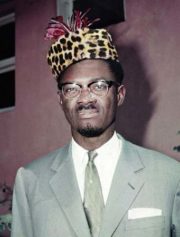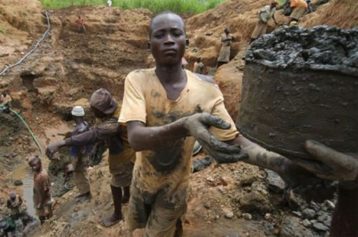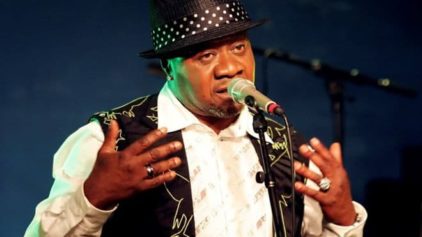The weary citizens of the Democratic Republic of Congo are once again facing the specter of another brutal civil war that could leave millions of their countrymen dead and even more homeless.
An emerging rebel group called the March 23 Movement, or M23 for short, has wrested control of the eastern part of one of the world’s most war-ravaged countries, possibly setting the stage for a larger conflict similar to the one that began in the late 1990s and involved nine African nations and some nine different armed groups. The resulting civil war resulted in millions of deaths, not just from fighting, but from disease and malnutrition. The conflict never really ended in the east despite a 2003 peace accord.
The fear now is that the emergence of the M23 will re-ignite a wider regional conflict, according to a National Public Radio report.
Reportedly led by a Tutsi warlord wanted by the International Criminal Court, M23 has been accused of rape, murder and child-soldier recruitment.
The United Nations has labeled M23 as “a notorious group of human rights violators” and accuses neighboring Rwanda of backing the rebels, a charge Rwanda denies.
Gen. Bosco “the Terminator” Ntaganda, the notorious Tutsi warlord who allegedly heads up M23, is wanted by the International Criminal Court. M23 has been accused of rape, murder and child-soldier recruitment, prompting tens of thousands of people to flee Uganda and Rwanda for safety elsewhere in recent months.
The M23 is working hard to create a softer image of itself through a website, daily press releases and invitations to journalists to come see for themselves.
The group is trying to show the world that it can administer the eastern part of the Congo better than the central government in Kinshasa, which is far away on the western side of the country.
“When you look at the whole of [Congo], there are high [levels] of corruption, no proper leadership, no proper governance of people,” says M23 spokesman Vianney Kazarama.
“In this territory [the M23 has] taken, they want to stop issues of corruption, they want to govern the people within the law, that’s what they’re intending to do,” Kazarama says.
But many are skeptical of such claims.
M23 is made up of soldiers and officers who deserted the Congolese Army earlier this year over a variety of grievances.
Human rights investigators say the insurgents are a retread of an earlier rebel band that operated in this same sector a few years ago. They extorted shopkeepers, abused civilians and answered to Ntaganda.
Kazarama vehemently denies Ntaganda is the rebels’ commander.
Residents of the impoverished region seem to have varying opinions about M23.
A stationery shop owner named Emanuel on Rutshuru’s main street says in the month since M23 took over, the rebels have repaired the town water tank and its generator. A half-dozen store owners interviewed by NPR said the rebels are not mistreating people.
But the story is rather different in a U.N.-run transit camp across the border in Uganda.
“They go to a man’s home and ask him for money, and if he does not have it, they beat him up and rape the woman,” one woman said. “That’s what they do.”
Much of the violence that continues to convulse eastern Congo has its roots in the Tutsi-Hutu hatred that led to the Rwandan genocide in 1994.
Regional security ministers are meeting in Uganda this week to decide a course of action to try to avert a widening war.


